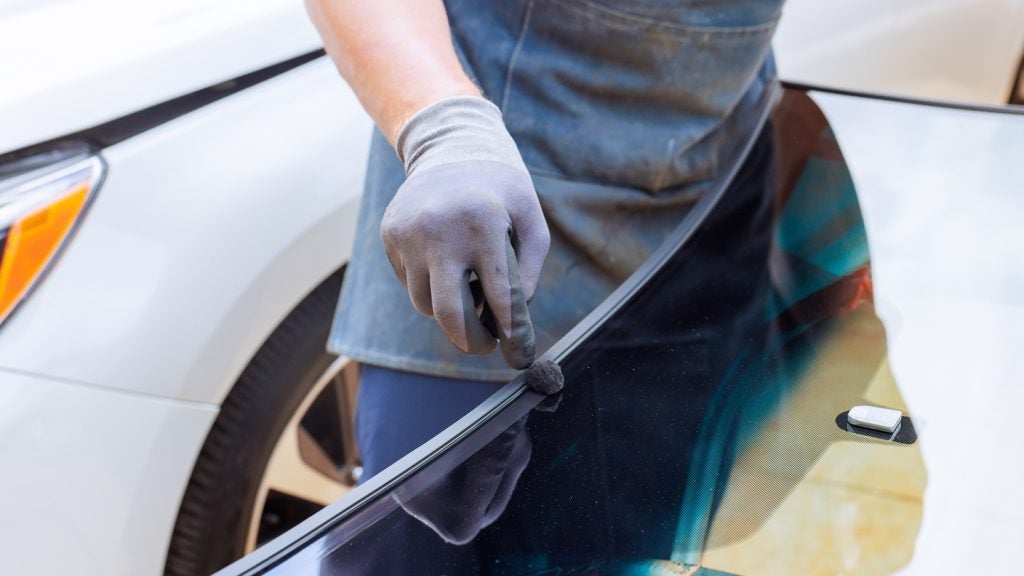Teijin is piloting a Digital Product Passport (DPP) system to track recycled polycarbonate (PC) used in automotive parts, with a clear eye on upcoming EU regulations for end-of-life vehicles.
The Japan-based materials supplier has begun a demonstration project using DPPs from Circularise to ensure full traceability of recycled PC resin across its supply chain.
The trial is designed to test whether this digital passport technology can function as a practical compliance tool for the EU’s draft Directive on End-of-Life Vehicles (ELV), which will put more pressure on automakers and suppliers to prove the origin and recycled content of materials.
In the test, Teijin is using DPPs to gather and share detailed data on recycled PC resin, including material origin, composition, environmental impact and end-of-life handling information.
The digital system allows every stakeholder in the value chain, from tier suppliers to OEMs and even end customers, to verify what materials are used in specific products.
As part of this proof of concept, Teijin is focusing on recycled PC resins recovered specifically from automotive headlamps, one of the major PC applications in vehicles.
The company is also using Panlite CM, a product line that blends recycled PC with virgin PC, reflecting how many interior and exterior plastic applications are likely to adopt hybrid material solutions as OEMs ramp up recycled content targets.
Through the project, Teijin aims to show how DPPs can operate in a real-world automotive supply chain, providing real-time data on the source and characteristics of materials as they move through distribution. The company is working with Circularise Japan, the local subsidiary of Circularise, to build a simulated marketplace for trading Panlite CM and other recycled resins sourced from automotive parts. This virtual trading environment is intended to mirror actual market conditions so the partners can test how well DPPs support traceability requirements in a realistic setting.
Depending on the outcome of these simulations, Teijin plans to start attaching DPPs to its recycled PC resin products on an ongoing basis. The goal is to offer OEMs and suppliers a verifiable, data-driven way to evaluate environmental performance and recycled content at the procurement stage.
Teijin has already run similar DPP demonstrations for products made from recycled aramid fibres and carbon fibres, and is now extending that experience to recycled polycarbonate used in automotive applications.









